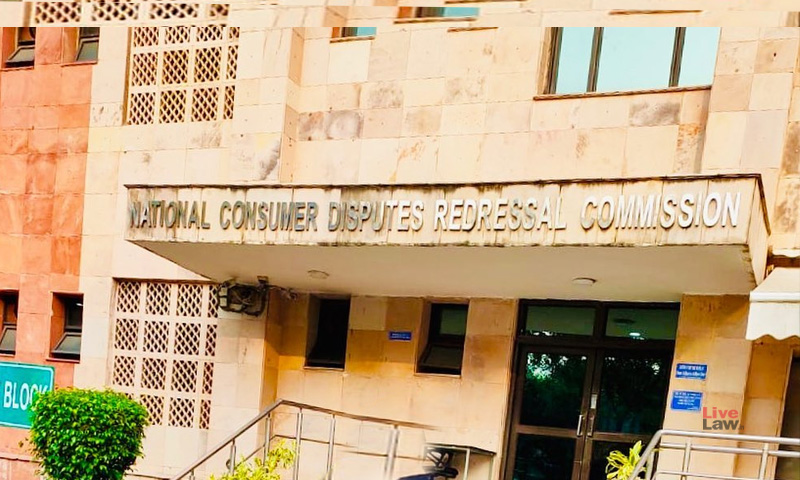
New Delhi: The National Consumer Disputes Redressal Commission (NCDRC) has dismissed a medical negligence complaint against a Bihar-based doctor, observing that negligence cannot be assumed based on “bald and unsustainable allegations” and must be established through clear, cogent medical evidence.
The case stemmed from a 2008 surgery performed on a patient suffering from chronic maxillary sinusitis. After the procedure, the patient developed complications in his left eye and later claimed that the surgery caused permanent loss of vision. Alleging negligence, he approached the consumer forum seeking compensation.
No Proof of Negligence, Says NCDRC
The top consumer court noted that while the patient alleged negligence, he failed to present expert medical testimony or credible evidence demonstrating that the doctor acted improperly during surgery.
The NCDRC observed:
“Medical negligence must be proved through cogent evidence and cannot be inferred on the basis of bald and unsustainable allegations… Post-operative complications, if any, cannot be equated with medical negligence.”
The Commission upheld the State Consumer Court’s earlier decision, which had set aside the District Forum order that held the doctor liable.
Background of the Case
In 2008, the patient consulted the doctor for chronic sinus-related symptoms. After diagnostic tests, the doctor recommended surgery. Following the procedure, the patient developed swelling and limited eye movement. He later sought treatment in Lucknow, where a CT scan revealed a bony defect near the maxillary sinus, air collection, and inflammation.
The patient alleged that these findings indicated surgical error and claimed he lost vision in his left eye due to the operation.
The doctor, however, argued that the patient had been suffering from a long-standing chronic infection, and pre-existing factors could explain the complications. He also claimed the patient ignored post-operative advice and resumed welding work prematurely, potentially worsening his condition.
District Forum vs State Commission
- District Commission: Held the doctor liable and ordered compensation of ₹1.5 lakh for loss of vision, ₹40,000 for medical expenses, and ₹10,000 for harassment.
- State Commission: Overturned the decision, observing that no medical expert evidence supported the claim that the surgery was faulty or negligent.
The patient then approached the NCDRC in revision.
Legal Principles Cited
The NCDRC referred to several landmark judgments, reiterating key principles:
- A doctor owes a duty of care in deciding whether to treat, in choosing treatment, and in administering that treatment.
- Negligence involves doing something a prudent medical professional would not do, or failing to do something such a professional would.
- As per the Bolam Test, a doctor is not negligent if they acted in accordance with a practice accepted as proper by a responsible body of medical professionals.
The Commission emphasized that complications alone do not amount to negligence, and a surgeon cannot guarantee 100% success in all procedures.
Final Findings
After reviewing the CT scan and medical records, the NCDRC found no indication of surgical error and concluded:
“There is no evidence to prove that the respondent failed to exercise due diligence, care or skill… Complications do not necessarily indicate improper treatment.”
Complaint Dismissed
Finding no merit in the revision petition, the NCDRC dismissed the complaint and upheld the State Commission’s order, concluding that the doctor conducted the surgery in good faith and followed due medical protocol.


